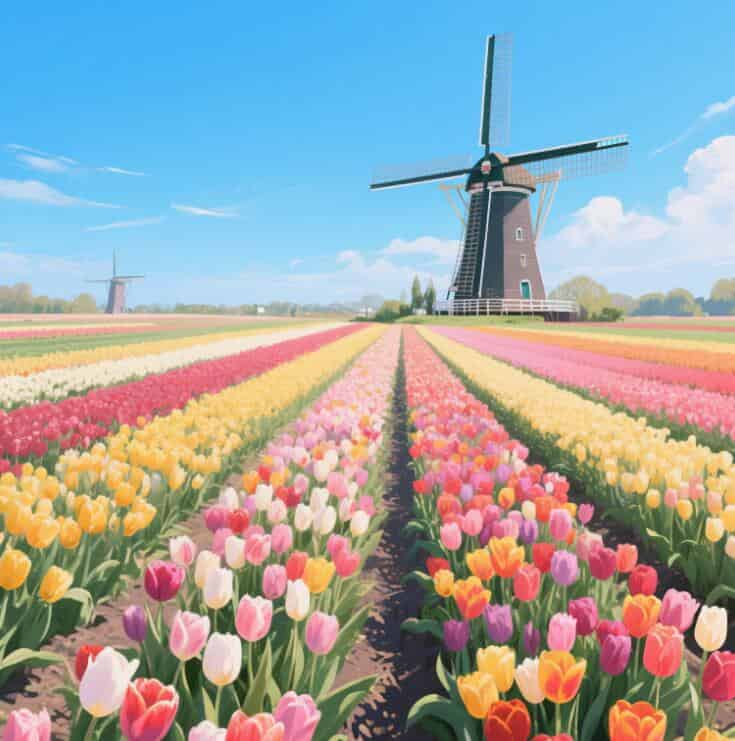Life is perhaps the greatest mystery we will ever encounter. From the moment we take our first breath to our final heartbeat, we are engaged in an extraordinary journey filled with questions, challenges, and moments of profound beauty. What is the purpose of life? Why are we here? How should we live? These questions have puzzled humanity for centuries, inspiring philosophers, scientists, artists, and ordinary individuals to seek answers. While no single definition can capture the essence of life, exploring its dimensions—biological, philosophical, emotional, and spiritual—can help us appreciate its depth and complexity.
The Biological Miracle of Life
At its most fundamental level, life is a biological phenomenon. Scientists define life as a state of growth, reproduction, adaptation, and response to stimuli. From the smallest microorganisms to the largest mammals, all living beings share certain characteristics: they consume energy, evolve over time, and strive to survive. The fact that life exists at all is a marvel of the universe. The precise conditions required for life—liquid water, a stable atmosphere, and the right chemical elements—are so rare that Earth remains the only known planet where life thrives.
Yet, life is fragile. Disease, natural disasters, and human actions can extinguish it in an instant. This fragility makes life precious. Every individual, from the mightiest oak to the tiniest insect, plays a role in the intricate web of existence. The more we understand life’s biological foundations, the more we realize how interconnected all living things truly are.
The Search for Meaning
Beyond biology, humans seek meaning in their existence. Philosophers have debated this question for millennia. Some, like the ancient Greeks, believed that life’s purpose was to pursue eudaimonia—often translated as “flourishing” or “the good life.” Aristotle argued that true happiness comes from fulfilling one’s potential through reason and virtue.
In contrast, existentialist thinkers like Jean-Paul Sartre claimed that life has no inherent meaning—it is up to each individual to create their own purpose. This can be both liberating and terrifying. If there is no predetermined path, we must take responsibility for our choices. Some find meaning in relationships, others in creativity, science, or spirituality. Viktor Frankl, a Holocaust survivor and psychiatrist, wrote in Man’s Search for Meaning that even in the darkest suffering, humans can discover purpose by choosing their attitude toward life.
The Role of Happiness and Suffering
Life is a balance of joy and pain. Happiness—whether found in love, achievement, or simple pleasures—gives life its sweetness. However, suffering is an unavoidable part of existence. Loss, failure, illness, and grief test our resilience.
But suffering is not meaningless. Many spiritual traditions teach that hardship can lead to growth. Buddhism, for example, sees suffering (dukkha) as a universal condition caused by attachment and desire. By practicing mindfulness and compassion, individuals can transcend suffering and find peace. Similarly, modern psychology recognizes that adversity often leads to post-traumatic growth—a phenomenon where people emerge stronger, wiser, and more empathetic after difficult experiences.
Connection: The Heart of Human Experience
No one lives in isolation. Relationships—with family, friends, partners, and even strangers—shape our lives in profound ways. Studies show that strong social connections increase happiness, health, and longevity. Love, in all its forms, is one of life’s greatest gifts.
Yet, relationships also bring vulnerability. Betrayal, loneliness, and heartbreak can cause deep pain. Still, the willingness to love and trust again is a testament to human resilience. Acts of kindness, shared laughter, and mutual support remind us that we are not alone in this journey.
Growth and Transformation
Life is not static; it is a continuous process of learning and evolving. From childhood curiosity to the wisdom of old age, we change with every experience. Some transformations are gradual, like the slow accumulation of knowledge. Others are sudden, like the life-altering impact of a major event—falling in love, losing a job, or surviving an illness.
Personal growth requires courage. It means facing fears, questioning beliefs, and stepping outside comfort zones. The ancient Greek philosopher Heraclitus famously said, “No man ever steps in the same river twice,” emphasizing that life is constant change. Embracing this truth allows us to adapt, reinvent ourselves, and find new meaning at every stage.
Death and the Question of Legacy
Death is the one certainty in life. Its inevitability gives urgency to our existence. Many cultures view death not as an end but as a transition—a return to nature, a reunion with ancestors, or a passage to another realm.
Facing mortality can inspire us to live more fully. Some seek immortality through legacy—children, art, discoveries, or acts of kindness that outlast them. But perhaps the most meaningful legacy is the impact we have on others. A life well-lived is not measured in wealth or fame, but in the love we give and the difference we make.
Conclusion: Living with Intention
Life is a gift, a puzzle, and an adventure. It has no single meaning—only the meanings we create through our choices. Whether we find purpose in faith, science, love, or service, what matters is that we live with intention.
As the poet Rumi wrote, “Live life as if everything is rigged in your favor.” Even in uncertainty, we can choose gratitude, courage, and compassion. The beauty of life lies not in its answers, but in the questions that drive us forward.
